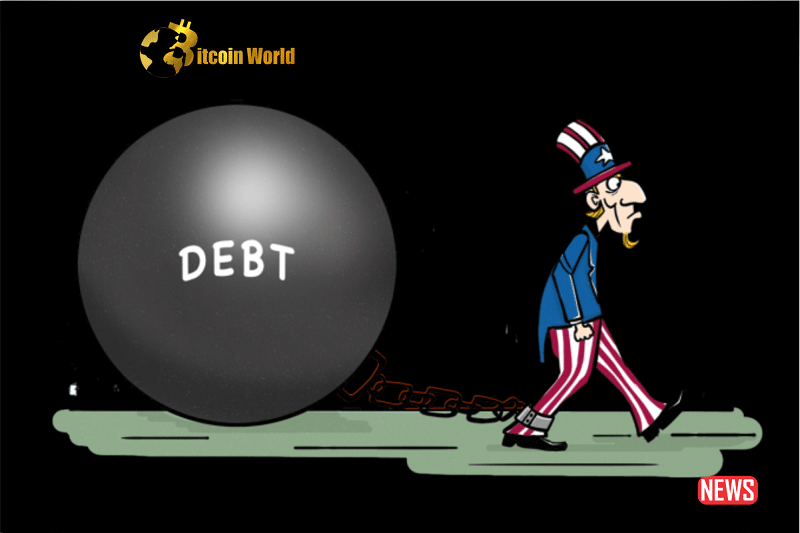In a potential breakthrough to prevent the United States government from defaulting on its debts, an anticipated agreement could potentially eliminate a proposed tax targeting the energy usage of cryptocurrency miners. Ohio Representative Warren Davidson recently hinted at this development.
On May 28, lawmakers in the U.S. unveiled a preliminary version of a bill designed to raise the debt ceiling. This ceiling serves as a limit on the amount of debt that the Treasury Department can accumulate. Negotiations between President Joe Biden and House Speaker Kevin McCarthy have led to this draft legislation requiring congressional approval to avoid an imminent economic catastrophe.
Under the proposed bill, there would be a two-year debt ceiling suspension, enabling the U.S. government to continue borrowing money and meeting its financial obligations. President Biden had initially sought tax increases for corporations and high-income individuals as part of the deal, but the most recent draft suggests that this provision may be excluded.
In a tweet on May 28, Representative Davidson expressed that the bill would block several “proposed taxes,” including a potential 30% tax on the electricity consumed by cryptocurrency miners. This tax had been mentioned in President Biden’s FY2024 budget. If implemented, it could have meant an annual 10% increase over three years on electricity used by miners, beginning in 2024.
President Biden acknowledged the nature of the agreement following negotiations, stating, “The agreement represents a compromise, which means no one got everything they want. However, it prevents the worst possible crisis, a default, for the first time in our nation’s history.”
Even before the specter of debt default emerged, many individuals in the cryptocurrency space had already voiced their opposition to the White House and advocates of the mining tax. Among them was Dan Held, former Kraken growth lead, who commended the debt ceiling bill.
Despite signs of progress, the U.S. government is still in the woods with the approaching debt default deadline, expected in June. While the bipartisan deal indicates a step forward, the debt ceiling bill still faces challenges in the divided House of Representatives. Several Republican lawmakers have openly expressed hostility towards Speaker McCarthy. A meeting and vote on the legislation are scheduled for May 31.
As the bill’s fate hangs in the balance, stakeholders eagerly await its outcome. If successful, this agreement could spare cryptocurrency miners from the burden of an additional tax, potentially alleviating concerns within the industry and allowing for continued growth and innovation in the crypto space.














